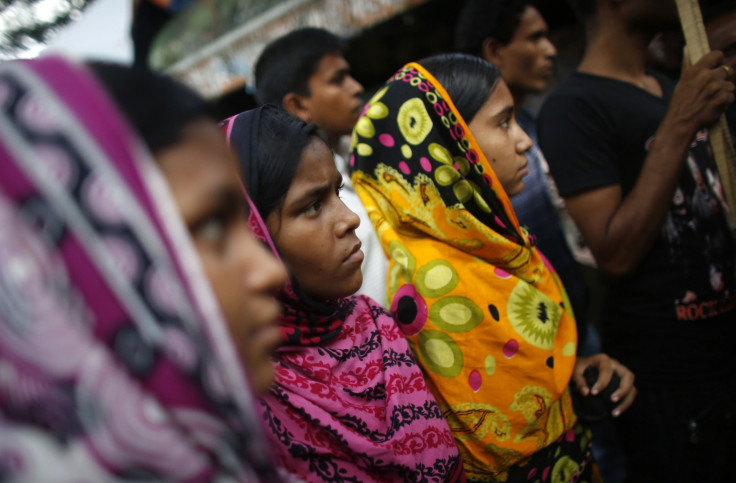Bangladesh Approves New Labor Law After EU Threatens To Cut Trade Benefits, Minimum Wage Increase On The Cards

Bangladesh adopted a new labor law, on Monday, to improve worker rights including forming a central worker welfare fund, after a garment factory building collapse in April that killed more than 1,000 workers brought widespread international criticism against the country's government for ignoring workers' safety and rights.
Under the new law, a central fund will be created to improve living standards of laborers, and business owners are required to contribute 5 percent of their annual profits for employee welfare. The law would also prevent factory management from transferring union members to another factory of the same owner in response to labor strikes, Reuters reported.
“The aim was to ensure workers' rights are strengthened and we have done that,” Khandaker Mosharraf Hossain, chairman of the parliamentary sub-committee on labor reforms, told Reuters. “I am hoping this will assuage global fears around this issue as well.”
The government also may set a new minimum wage for garment workers, whose current minimum pay is $38 a month -- about half of what garment workers in Cambodia earn. The minimum wage for garment workers was last revised in late 2010, when it was almost doubled, but the pay is unlikely to go up as high this time, due to strong opposition from factory owners, according to Reuters.
The legislation came a week after Bangladesh pledged to reform its labor laws and recruit more factory inspectors, under pressure from the European Union, which gives preferential access to garments made in Bangladesh.
Bangladeshi officials, who met with EU Trade Commissioner Karel De Gucht, on July 8, had promised to enact a new labor by the end of 2013, and increase the number of factory inspectors to 800 from the current 200.
“We have a carrot and a stick but I prefer to use the carrot,” De Gucht had said after the meeting. “We want to help the Bangladeshi people, not to punish them.”
In June, the U.S. suspended trade benefits for Bangladesh, although the move would not significantly affect the South Asian nation, because garments, which account for a majority of the country’s exports, do not qualify for U.S. import duty waivers.
Rashed Khan Menon, president of the Workers Party of Bangladesh and a member of Parliament, said, although the legislation was a step in the right direction, “the government rushed with it.”
“They should have spent more time to deliberate on the issue of compensation for the injured and dead, maternity benefits and rights of domestic workers,” Menon was quoted as saying by Reuters.
© Copyright IBTimes 2024. All rights reserved.






















